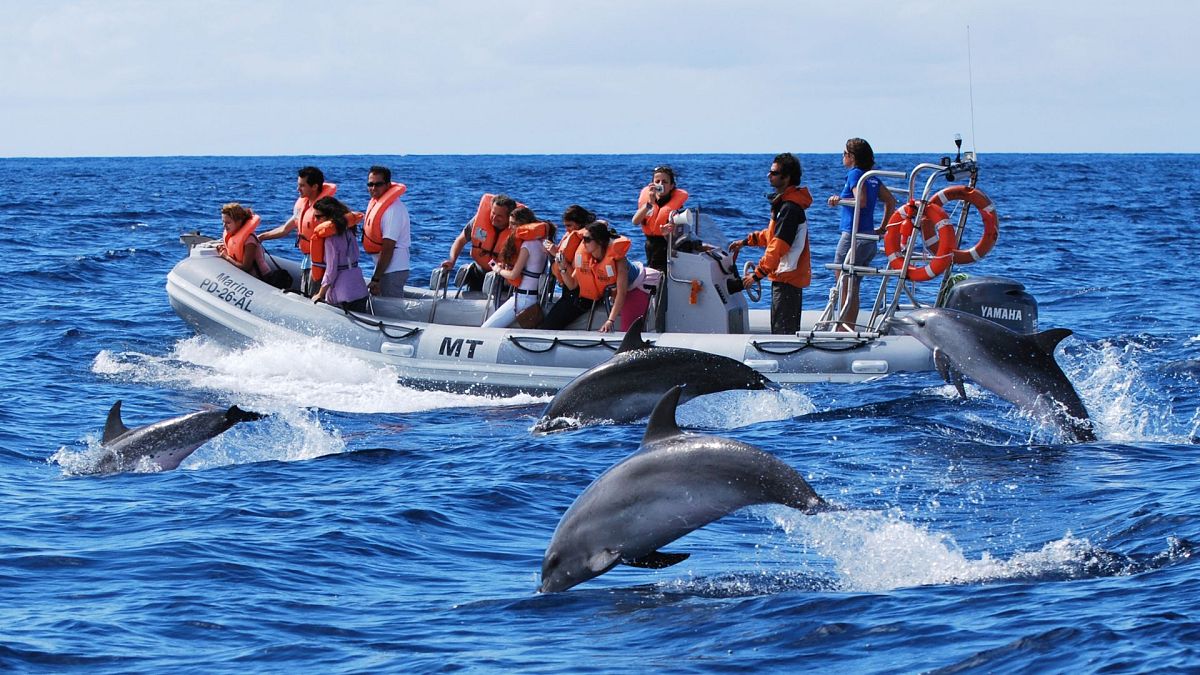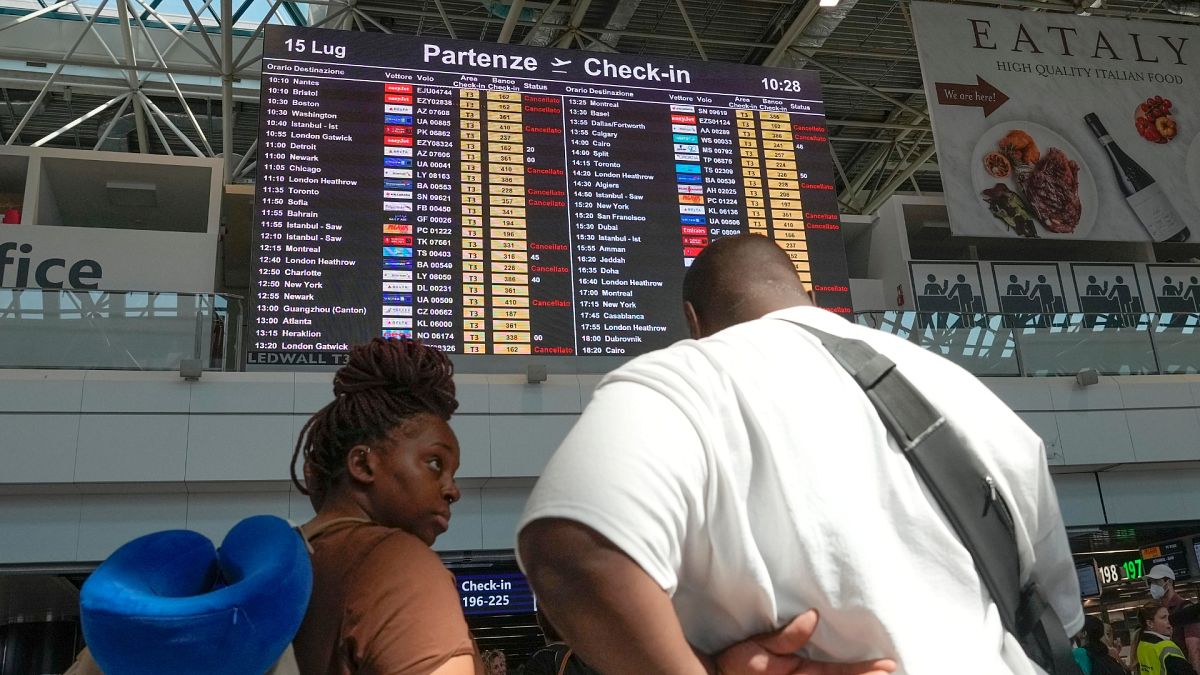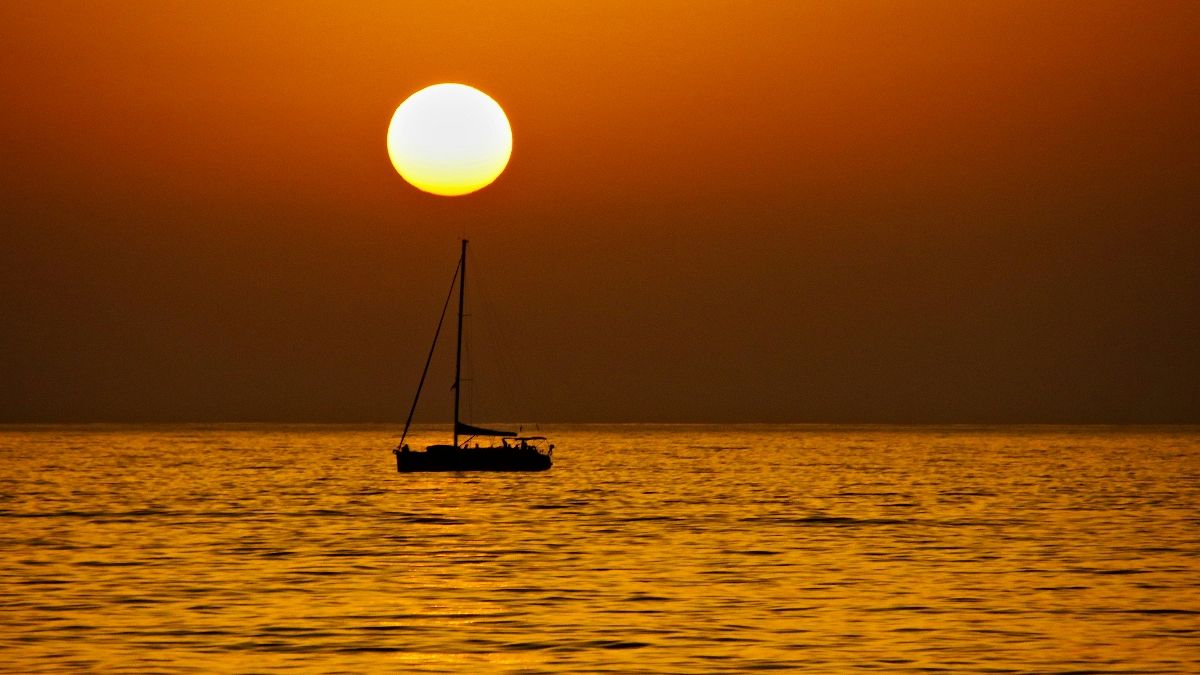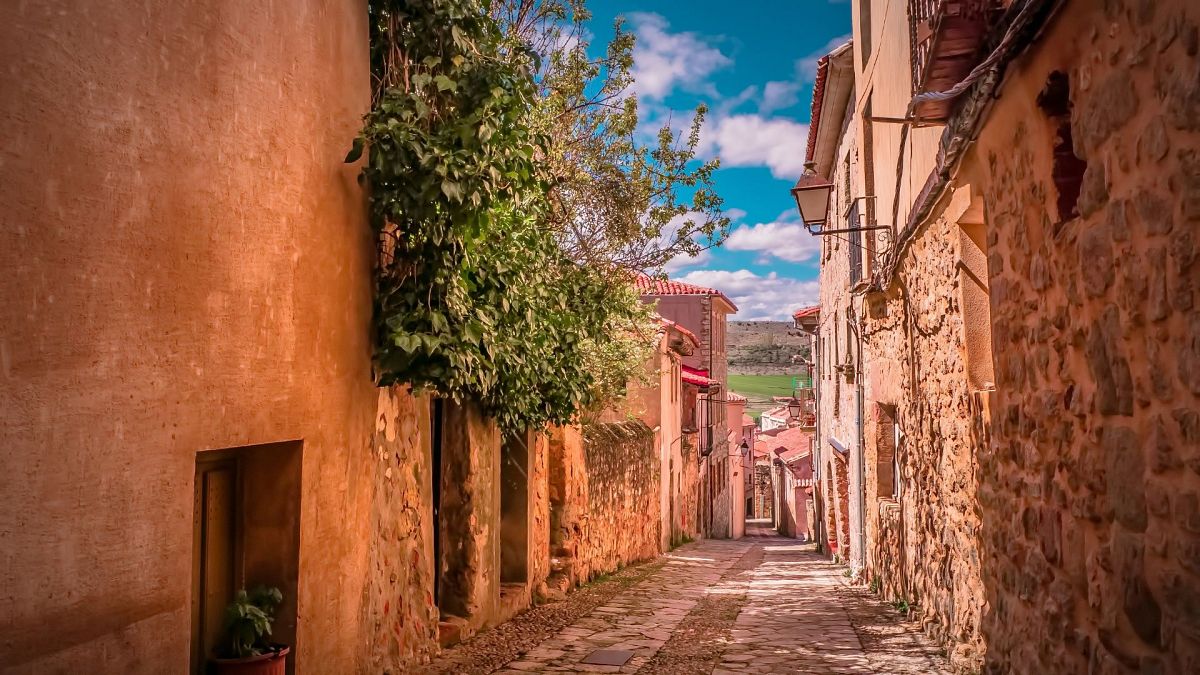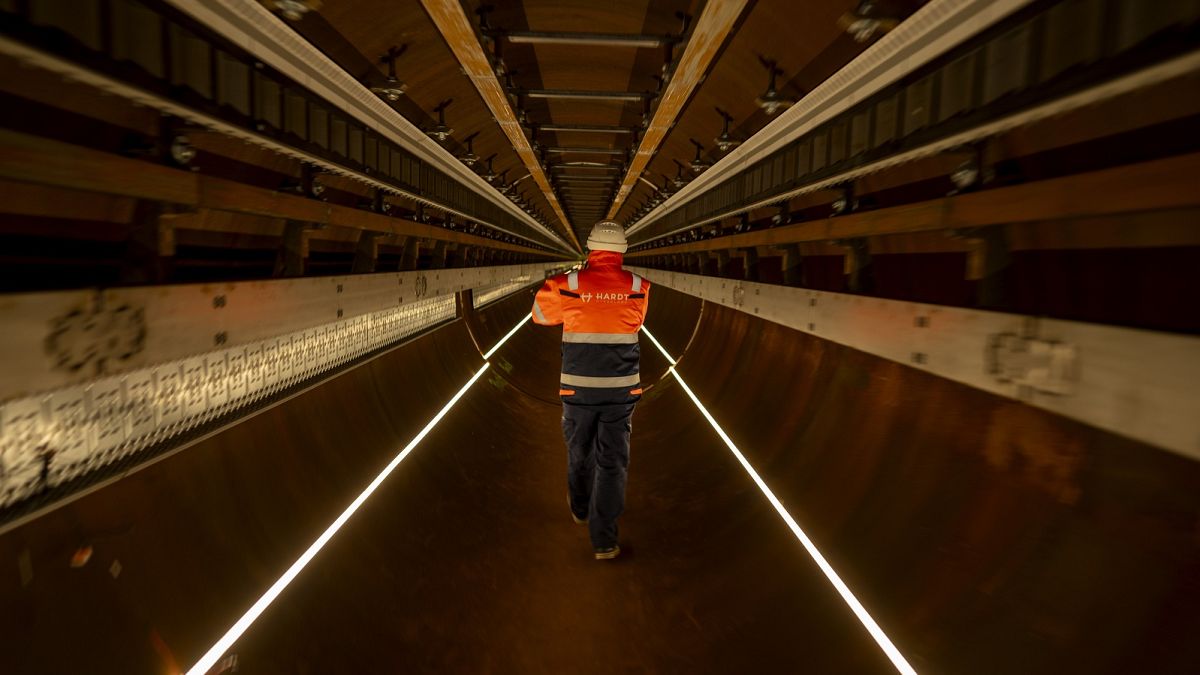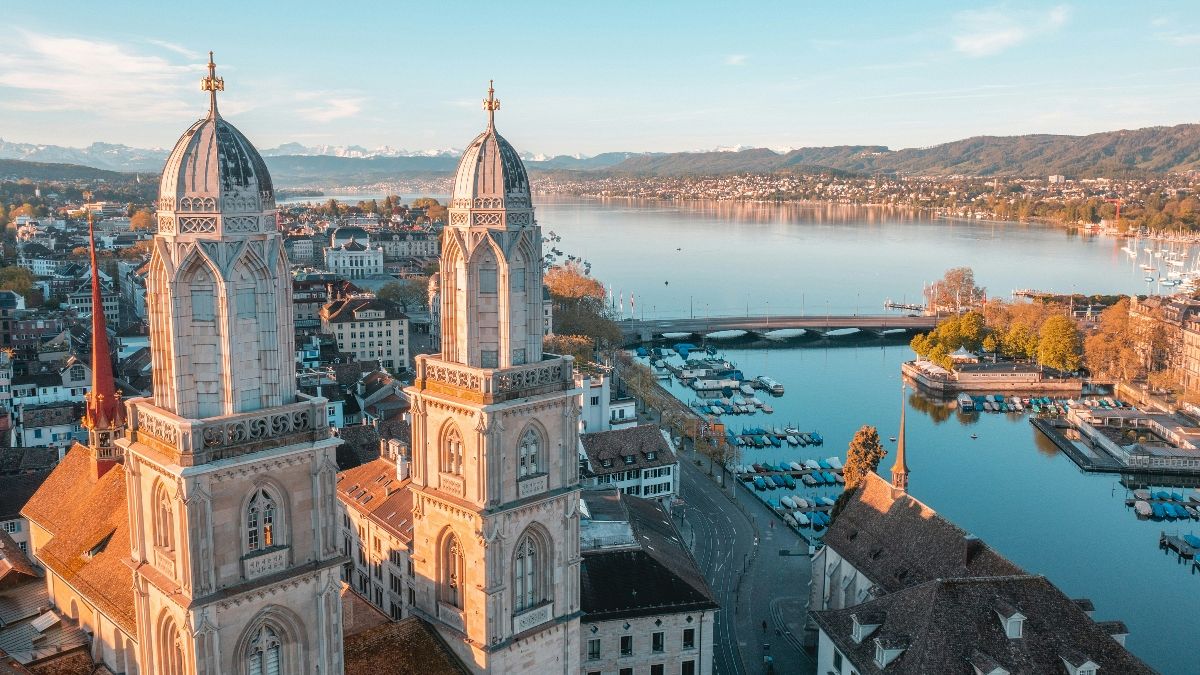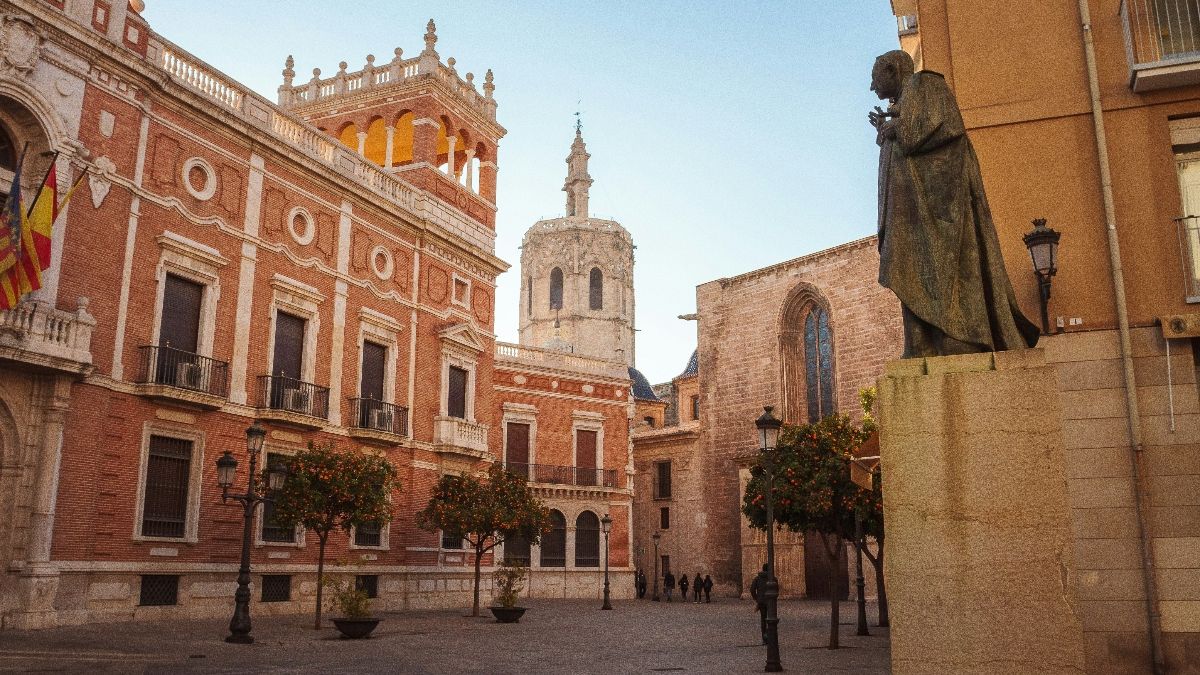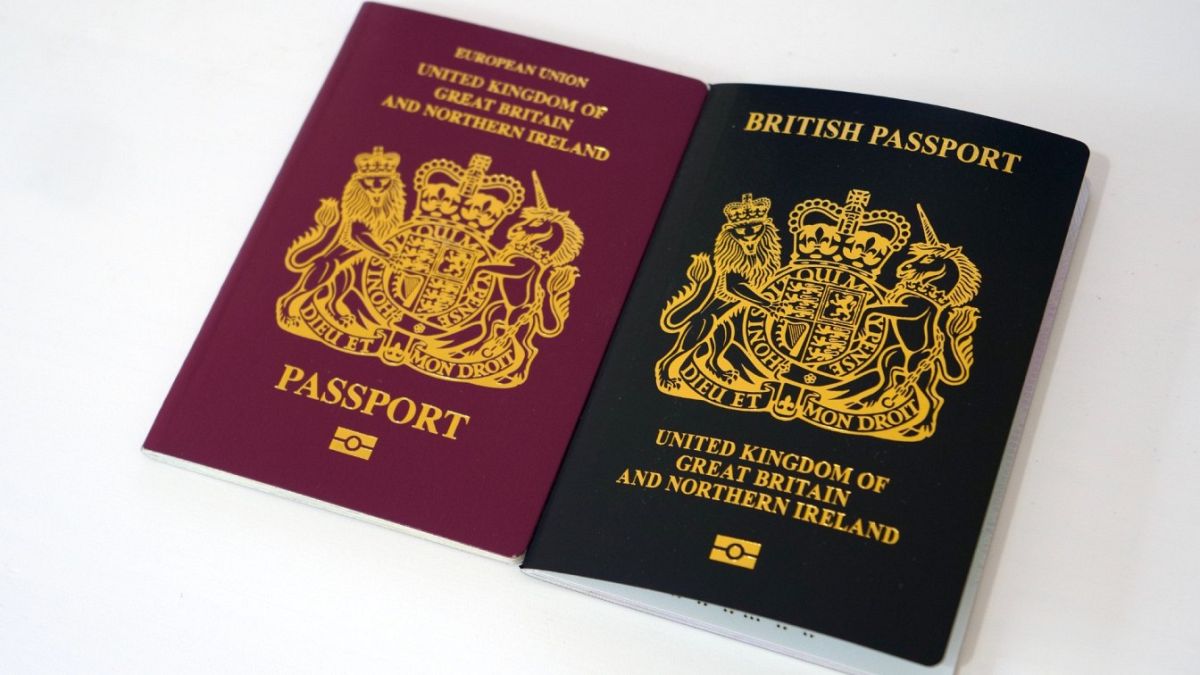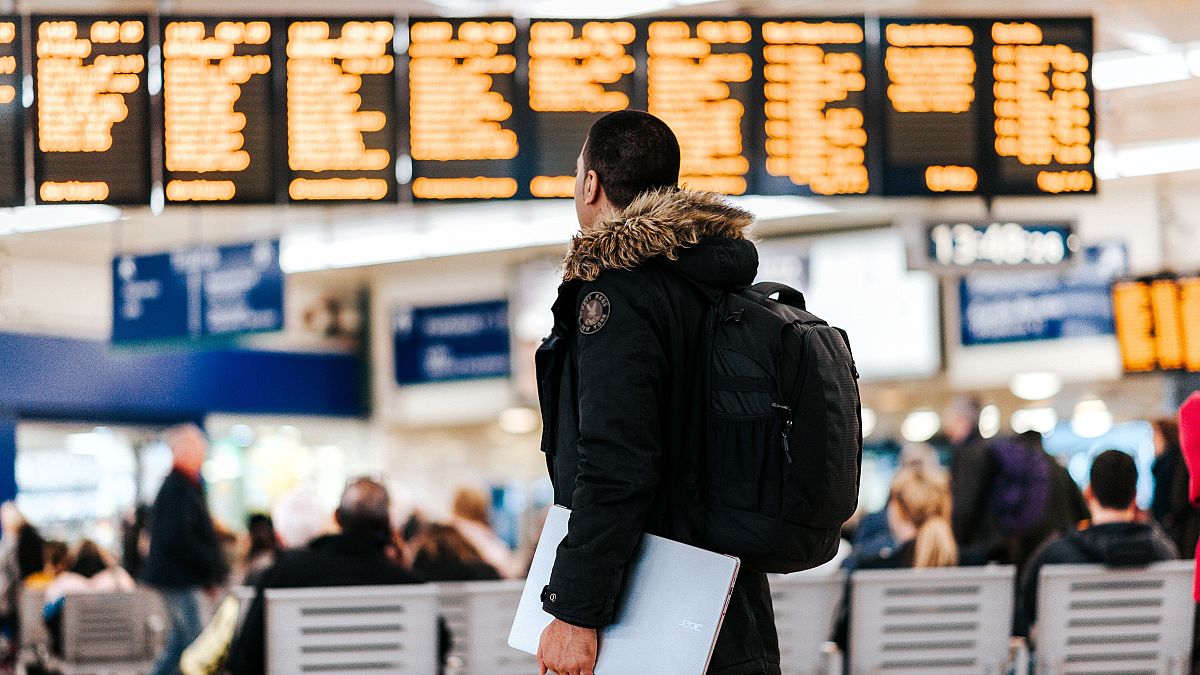Acropolis overcrowding: Should you visit alternative sites instead?
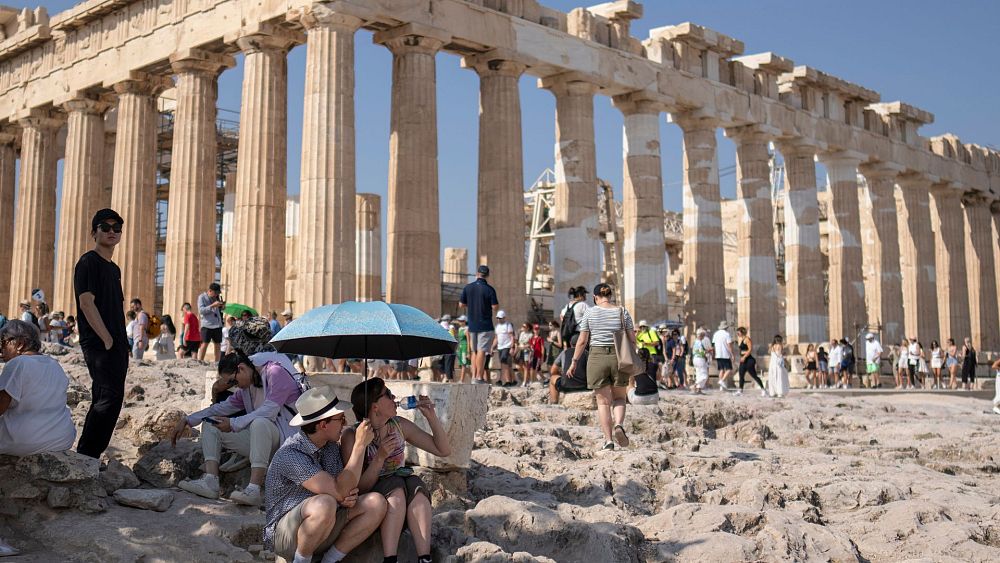
Stay longer, go off-season, don’t cruise: Here’s how to ease the burden of overtourism in Athens and beyond.
Sarah Faith is a content and values writer at activist travel company, Responsible Travel.
If you’re planning to visit the Acropolis in Athens this year, be prepared. Timed entry slots have been introduced in a bid to tackle the overwhelming daily visitor numbers to the site.
In recent days, the site has even been closed during the height of the day to protect crowds from the punishing heatwave.
It’s needed. Visitors in June 2023 were up an estimated 70 per cent compared to 2019. Without some effort to curb the queues, the structural integrity of the ancient ruins is at risk.
Encouraging visitors to explore one of the hundreds of other Greek archaeological sites instead could be another solution.
But can the quieter alternatives cope?
How can popular destinations share the load with quieter alternatives?
The Acropolis is just one in a long line of popular tourist destinations worldwide taking a stand against overtourism.
Earlier this year, Amsterdam launched a publicity campaign to discourage nuisance party tourists. In France popular sites – such as the Sugiton Coves in Calanque National Park – are introducing a cap on tourist numbers allowed at any one time.
When the overtourism headlines hit, so do the inevitable articles, TikTok videos and Instagram posts proclaiming the quiet alternatives that offer a similar experience without the crowds.
Sharing the tourism load can be valuable. It relieves overburdened destinations and spreads the economic benefits of tourism into other areas.
In Greece, the National Tourism Organisation (GNTO) is actively campaigning to encourage visitors to look beyond popular islands like Mykonos and Santorini and explore further afield. Secretary-General of the GNTO, Dimitris Fragakis, has highlighted that a sustainable approach to overtourism needs to involve local communities.
He’s right. Tourism planning needs to be led by local voices. Not social media.
Are quieter destinations ready to handle an influx of tourists?
In July 2023, Conde Nast Traveller named tiny Portscatho in Cornwall as one of the best seaside towns in England. It features alongside more popular destinations like St Ives and Mawgan Porth – two Cornish tourism heavyweights that are facing ongoing battles to preserve their local identity against an onslaught of short-term holiday lets and second homes.
We all crave that little slice of authenticity, but is highlighting one of the few ‘quieter’ places in Cornwall a responsible thing to do?
Like most small Cornish villages, its capacity to absorb an influx of visitors will be limited. Portscatho may be beautiful, but it’s someone’s home too. Local people, culture, and nature need to be protected.
So, how do we find the right balance?
How can you ease overtourism responsibly?
Google the small Czech town of Český Krumlov and you’ll find articles touting it as the ‘alternative to Prague,’ Czechia’s ‘hidden gem’ or the ‘miniature Prague’. Since its inclusion on UNESCO’s World Heritage List in 1992 as an ‘outstanding example of a small central European medieval town’, it has experienced a tourism boom.
Short term lets are squeezing local people out of the historic centre and, pre-pandemic at least, ‘fast’ tourism – with large tour groups descending on the town, whizzing across it, then leaving – was on the rise.
But the pause in this caused by the pandemic allowed residents to decide what they wanted from tourism. In a recent interview with UK newspaper the Independent, one local restaurant owner offered his thoughts: stay longer and get to know the town properly.
Here’s what you can do to ease the load on overcrowded sites, while respecting the right of quieter places to remain quiet.
Don’t cruise
Many of the overcrowding issues at the Acropolis – and in Venice, Dubrovnik and Barcelona – are caused by giant cruise ships offloading thousands of passengers simultaneously in the morning each day. Passengers who spend comparatively little in the city compared to overnight visitors.
Go off-season
Spring and autumn in Europe are perfect for biking, hiking, yoga and fitness escapes, when you can enjoy warmth without the summer heat and crowds. The milder temperatures also make on-foot exploring in cities like Barcelona and Athens more bearable
Travel outside peak times
If you do travel to a popular destination in high-season, consider visiting outside of peak times. This might mean arriving early in the morning or later in the evening, choosing to miss a scheduled event, or travelling on a weekday rather than weekend.
Stay longer
The residents of Český Krumlov have the right idea. Staying longer in your destination helps ensure local people feel the economic benefits of your trip. You might be yet another tourist, but you’re one who is paying your way. You have more flexibility to visit popular sites at quieter times, and more opportunities to shop locally during your stay.
Avoid Airbnbs run by professional hosts
Stick to locally-run guesthouses or real homestays. The short-term holiday let model which allows external, professional hosts to buy up swathes of residential property has decimated communities in Barcelona, Venice and Cornwall. Once thriving neighbourhoods have been reduced to ghost towns, with local amenities closing in favour of tourist bars and souvenir shops.
Be an activist
If you have visited somewhere that’s overrun, share your experience. Encourage others to take steps to limit the negative impacts and maximise the benefits of their visit – and help them understand why they’ll have a better time too. You can also join petitions or lend your support to local residents’ campaigns in affected areas.
Source: Euro News



